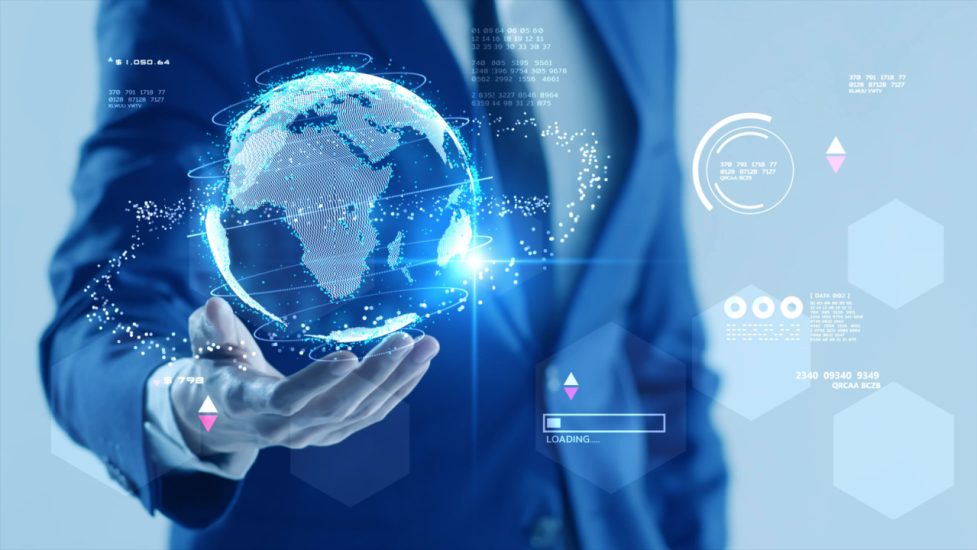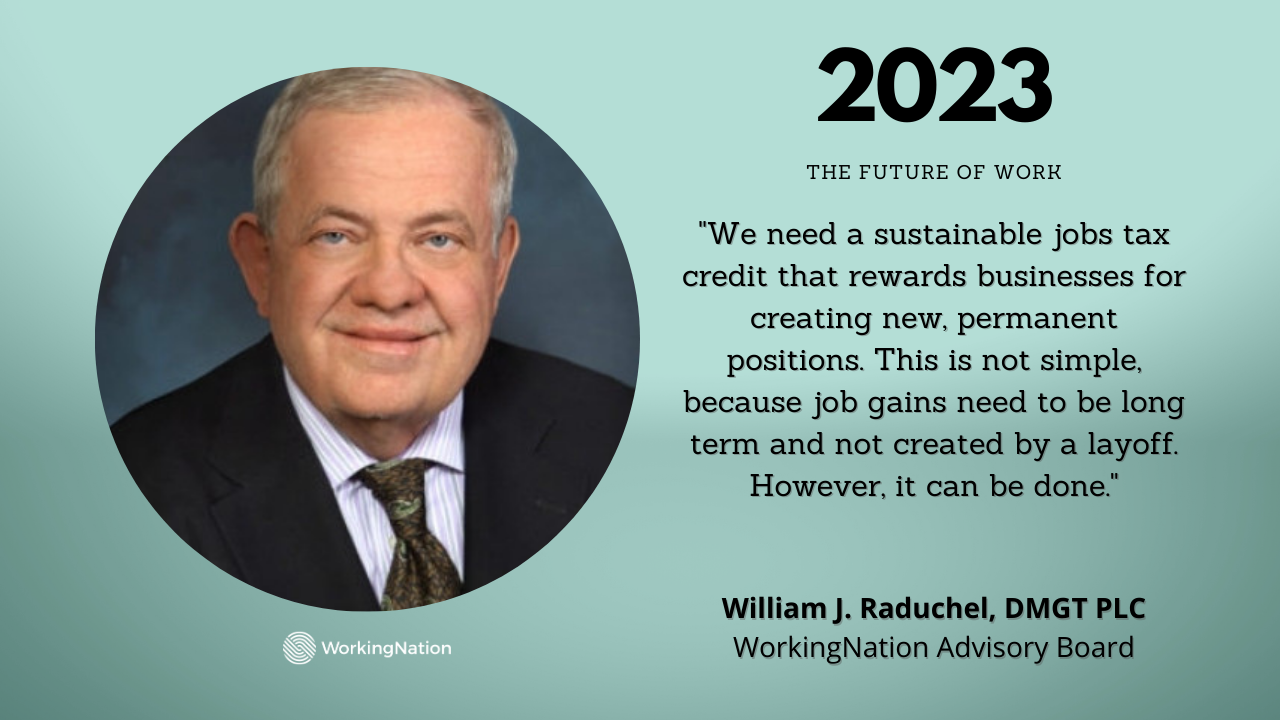As generative AI gains steam, critical questions have arisen around the technology’s impact on jobs – namely, which ones it will be replacing.
Frontline and low-wage roles are often the easiest to automate, and consequently the most vulnerable to replacement when new technology emerges. One recent estimate suggests that low-wage jobs in industries like food service are as much as 14 times more likely to be eliminated by AI than other roles.
There is little question that AI will ultimately replace some low-wage jobs. But, at the same time, it has the potential to increase the number of higher-wage, higher-skill positions, and improve job quality for workers across the board. That’s an optimistic vision, and it’s within the realm of possibility – one could even say it’s true to precedent, given that past advancements in technology have often increased both productivity and wages for the jobs they’ve created relative to those they’ve replaced.
But an intelligent, empathetic, worker-centered application of AI is far from a foregone conclusion. As with every other major technological advancement, employers are responsible for shepherding workers through to the other side–hopefully towards a future of work that is both more productive for businesses and more fulfilling for workers.
With that in mind, the question we should be asking isn’t whether AI can be as good for workers as it is for employers. It’s whether companies can step up to the plate and integrate the technology into their systems responsibly.
In many ways, generative AI models like ChatGPT are the culmination of a process of automation that has been in motion since the 1980s. We’ve seen this change ourselves over the course of our careers, as we’ve managed frontline processes in and for companies as diverse as UPS, Ebay, Uber, and Harrah’s Entertainment (which consolidated the casino industry in the 2000s).
Before automation, casinos as large and successful as Caesar’s Palace were pricing rooms manually. Now, AI has reshaped the casino industry from the bottom up: decisions about pricing are handled by automated frontline systems with a sophisticated understanding of consumer behavior.
Wall Street traders, similarly, are no longer shouting into a phone on the floor, but are working instead on a vast, real-time trading system powered by machine learning. Generative AI is just the next iteration of this technology; and, like all other productivity-boosting technologies from the PC to the mobile phone, it has the potential to create new jobs and improve the conditions of existing ones.
Each stage of technological advancement brings potential benefits for workers who can often attain higher-skill, higher paid jobs far more easily. In the case of AI, packing robots won’t get rid of all warehouse workers. It’s just that those workers will be in new roles instead, overseeing fleets of robots, or working as technicians to maintain and repair the new technology.
Anyone will be able to become a technician, regardless of whether or not they hold a degree in computer science: sophisticated AI that can produce useful computer code from a prompt will make software development accessible to anyone who can master effective prompt-writing. AI will democratize programming.
What’s more, the work available in factories will be less strenuous, as physical labor is outsourced to machines. Automating these and other elements of work will both improve productivity and create new career pathways, as employees are free to focus their energy on more sophisticated tasks that affect the company on a wider scale and enable them to master skills that support job mobility.
If our experience is any guide, a world of work that uses AI in all these positive, productivity-boosting ways is possible – and some companies are already realizing this rosy vision for AI’s future. Major companies like DHL have started building so-called “collaborative robots” – stationary robots that require consistent human input to tackle their work (repetitive, labor-intensive processes like sorting packages) effectively. Human workers are necessary to monitor machines like these to ensure production goals are met – a far more interesting, safe, and specialized (and potentially even fun) role than sorting packages one by one as they come in.
But not every company will take the opportunity. Over the course of our career, we’ve seen many employers who were afraid to automate. Caesar’s refused to move to an automated system; Harrah’s Entertainment, which did embrace the shift toward machine learning, eventually acquired it. Blockbuster, Sears, JCPenney, Kmart – these and other well-known, formerly successful brands are now playing catch-up because they were too intimidated to embrace the next wave of change. In every case, those who didn’t innovate paid the cost, both in terms of employee retention and their bottom line.
Artificial intelligence, like every other major tech innovation, cannot and will not be stopped. Businesses have an imperative to leverage the technology both for efficiency and to improve job conditions and quality.
The question, then, is not whether or not AI will reshape the workforce, or create new, high quality jobs – the question is whether companies will fumble this opportunity.
There’s no question that change is hard, but those companies that don’t adapt will find themselves as easily replaced as Blockbuster has been by Netflix. In the age of generative AI, we’re seeing the same story play out. Will companies be ready to meet the moment, or will they watch it pass them by?
Todd Lewis is vice president of Prologis Ventures. Jason Radisson is CEO & founder of Movo.










